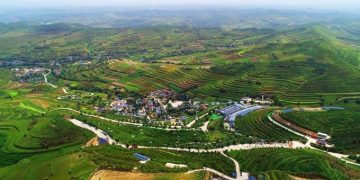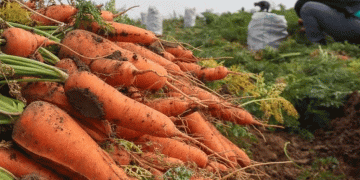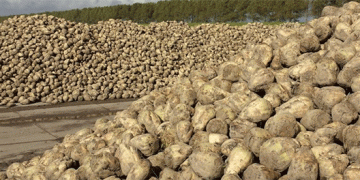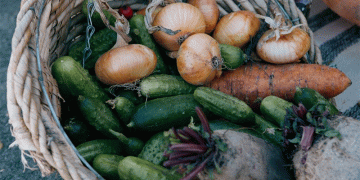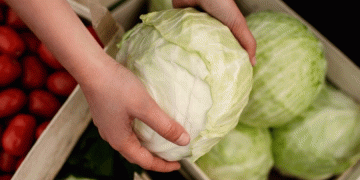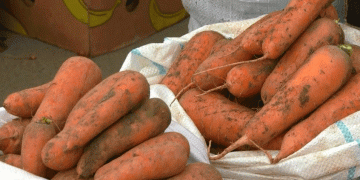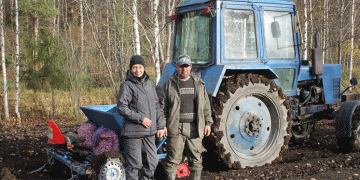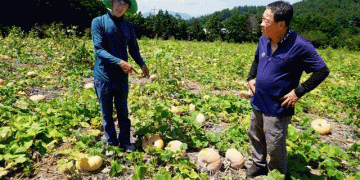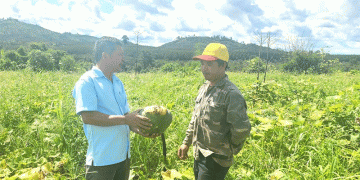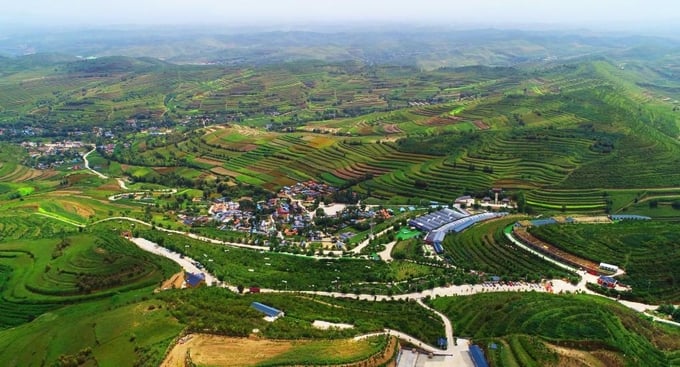#RuralResilience #SustainableAgriculture #Eco-Tourism #PovertyAlleviation #AgriculturalInnovation #CommunityDevelopment #EnvironmentalConservation #China #InternationalRecognition
In the heart of China’s Ninh Ha Hoi Autonomous Region, Longwangbei Village has emerged as a beacon of hope and inspiration for rural communities worldwide. Recently, at the 60th International Agricultural Fair in Paris, France, Jiao Jianpeng, Deputy Secretary of Longwangbei Village, seized the opportunity to share their success story with the world.
Jiao showcased an array of local agricultural specialties at the exhibition, including strawberries, geese, and celery juice, along with intangible cultural heritage such as paper cutting art, shadow puppetry, and traditional face painting. Despite initial skepticism, their celery juice captivated the palate of Daniel Vial, a distinguished guest, who praised its exquisite flavor.
The Longwangbei Village booth became a favorite among fairgoers, generating over 400,000 RMB (approximately $56,000 USD) in revenue within days. Back in China, demand for their products soared, with French customers reaching out to place orders.
Not long ago, Longwangbei was among the poorest areas in China, grappling with harsh natural conditions and limited resources. However, concerted efforts, including ecological conservation initiatives like the Northern Three-North Shelterbelt Program, have transformed the landscape. Forest coverage in Ninh Ha Hoi has surged from 1.4% in the late 1970s to over 27% by 2022.
Government-led poverty alleviation measures have also bolstered infrastructure in Longwangbei, improving access to roads, electricity, housing, and clean water. Leveraging the hilly terrain, villagers have terraced fields and established farms for producing essential oils from peonies. They’ve also developed science and technology museums and traditional cave hotels to enhance tourism.
In 2023, Longwangbei welcomed over 410,000 tourists, generating tourism revenue of 19.41 million RMB (nearly $2.7 million USD). Through diversified development strategies, the village’s per capita annual income surged from under 2,300 RMB (about $320 USD) in 2012 to 15,500 RMB (around $2,150 USD) in 2023.
From an “unlivable” environment to a model of “green, ecological, and high-quality development,” Longwangbei epitomizes China’s progress in poverty alleviation and rural revitalization. Their story has been immortalized in the documentary “A Wonderful Journey in China,” a collaborative effort between Chinese and French media.
As Alice Roche, a French music blogger and honorary villager, reflects on her visit, she expresses admiration for the village’s agricultural technology and burgeoning cave hotel tourism. Roche is among the 88 honorary villagers who have contributed to Longwangbei’s development and international engagement.
Longwangbei aims not only to showcase China’s beautiful rural landscapes but also to demonstrate its commitment to resilience, innovation, openness, and inclusivity on the global stage, emphasizes Jiao.
Longwangbei Village’s transformation from adversity to acclaim stands as a testament to the power of sustainable development and community resilience. By integrating ecological conservation, agricultural innovation, and tourism promotion, Longwangbei has not only improved livelihoods but also inspired communities worldwide. As we celebrate their achievements, let Longwangbei serve as a beacon of hope for all striving to build a greener, more prosperous future.
